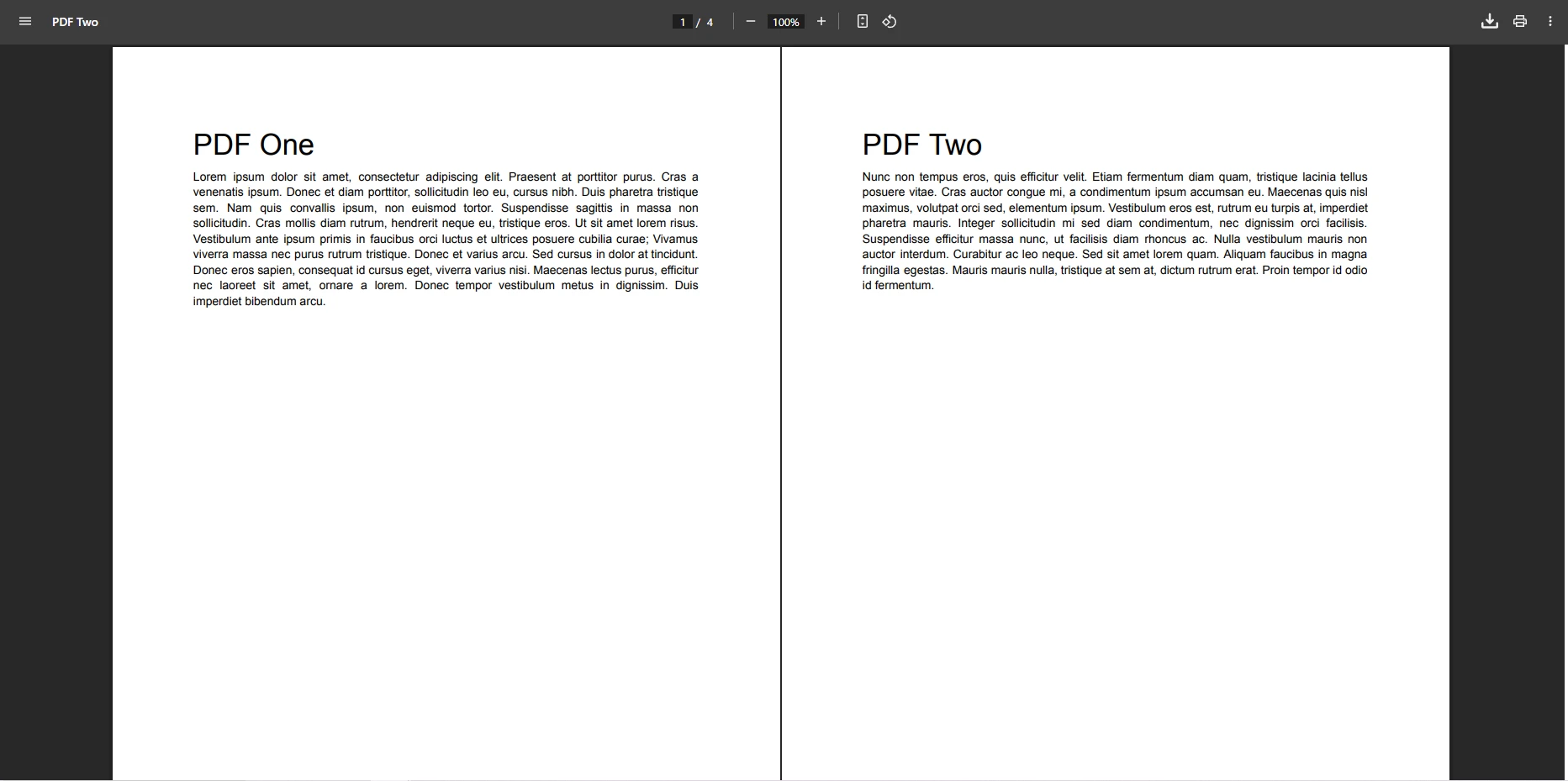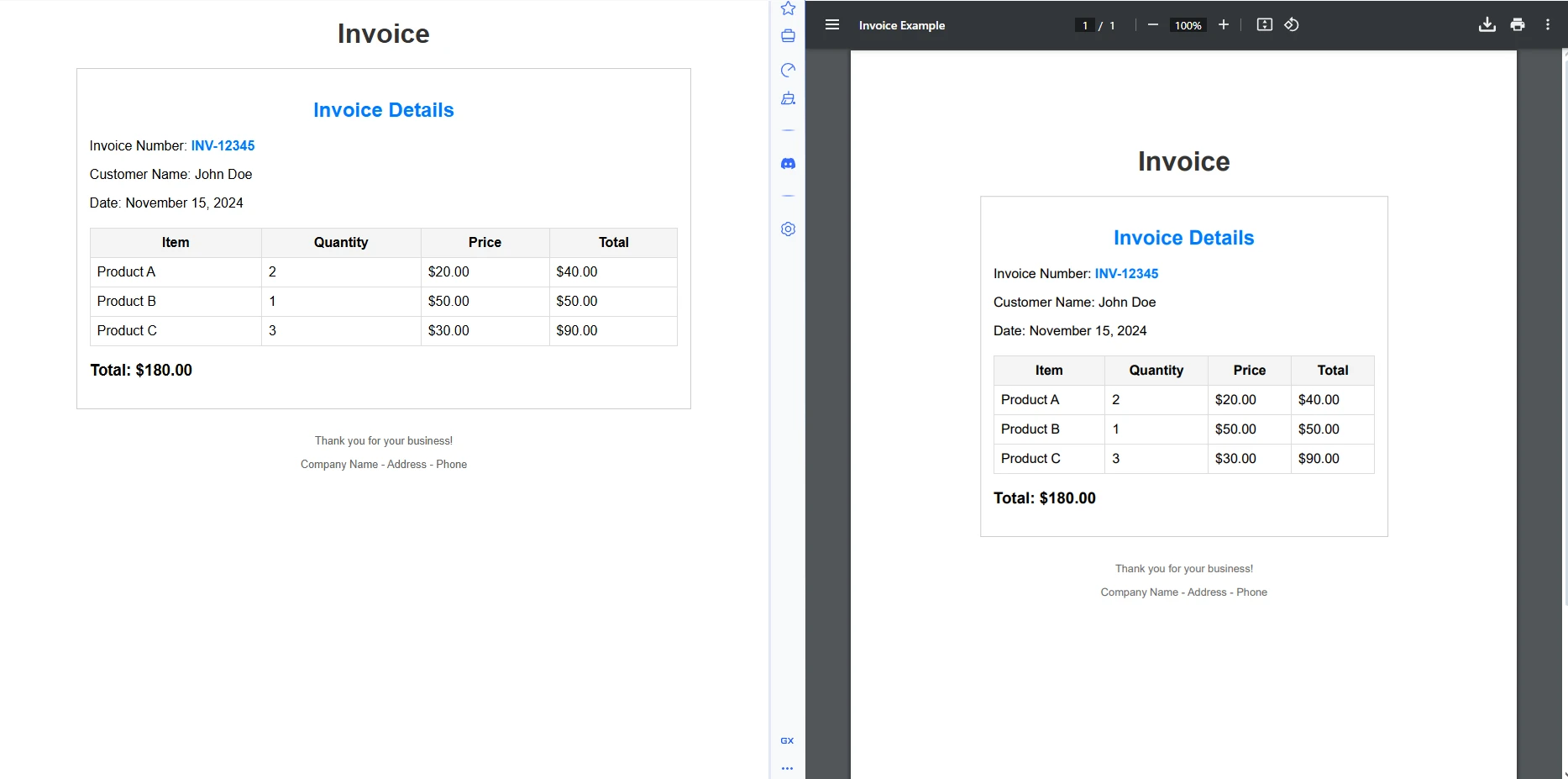How to Convert HTML Page to PDF using VB
This tutorial will demonstrate how to convert HTML to PDF using the most efficient VB.NET IronPDF library.
How to Convert HTML Page to PDF Using VB
- Download and install the HTML to PDF converter VB library.
- Create a renderer object using the
IronPdf.ChromePdfRenderer()method. - Use the
renderer.RenderHtmlAsPdfmethod to convert HTML to PDF using a string filename. - Save the PDF file using the
SaveAsmethod. - Run the program to see the results.
1. IronPDF
IronPDF is a popular .NET Core library that provides developers with tools and capabilities to work with PDF documents within their applications. It is a library specifically designed to simplify tasks related to creating, manipulating, and converting HTML code and managing PDF files. With IronPDF, developers can programmatically generate PDF documents, convert HTML content to PDF format, extract text and images from existing PDF files, add annotations, watermarks, and interactive elements in forms, as well as merge, split, and manipulate PDF pages. It supports .NET Core as well.
2. Create a New VB.NET Project and Install IronPDF
Before writing the code, a new Visual Studio project is needed to create and install the IronPDF library to convert HTML to PDF using the VB programming language.
Create a New VB.NET Project:
Open Visual Studio and follow these steps to create a new VB.NET project:
Click on "File" > "New" > "Project..."
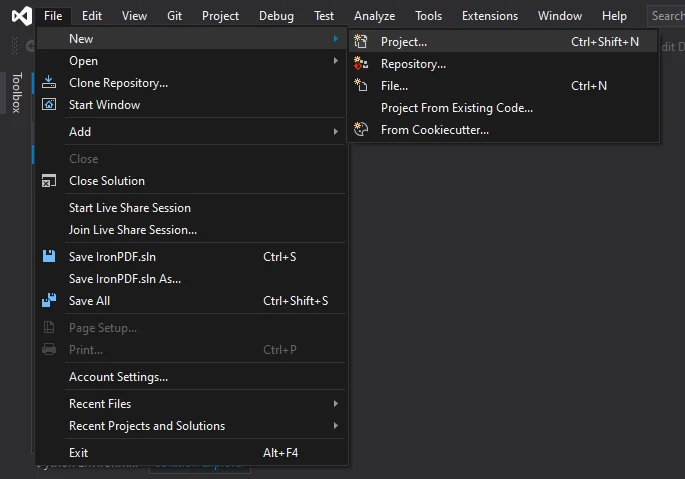 HTML to PDF Project
HTML to PDF Project
Choose a project template based on your application type (e.g., Windows Forms, Console Application, ASP.NET, etc.) and click on Next.
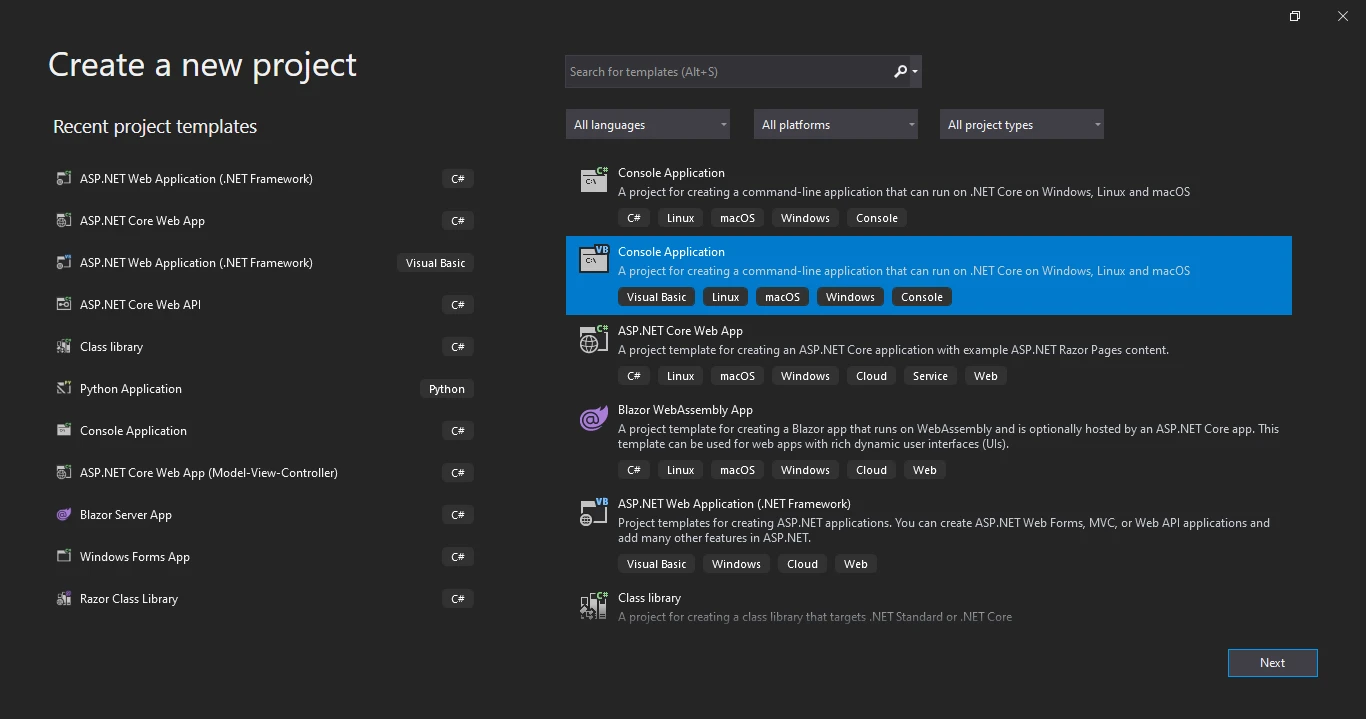 Project Template
Project Template
Enter a name and location for your project and click on the Next button.
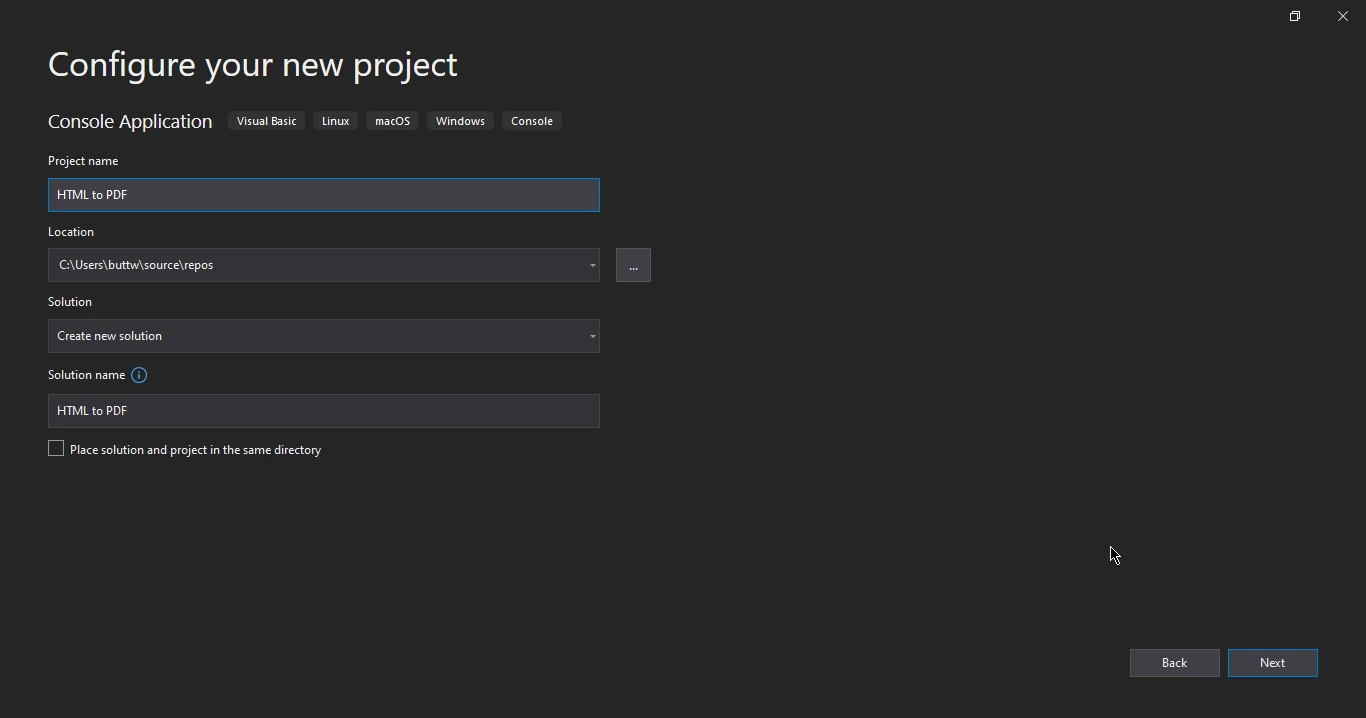 Project Configuration
Project Configuration
Select the target framework and click "Create" to create the project.
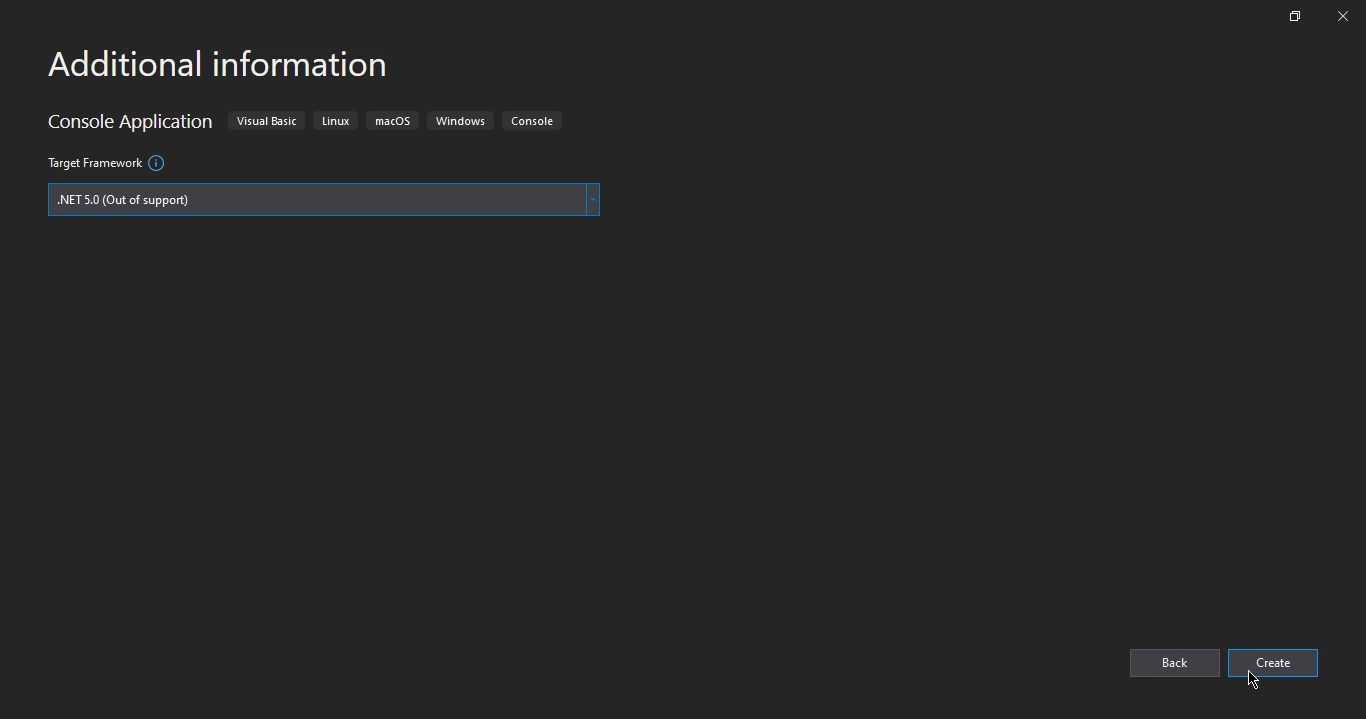 Target Framework
Target Framework
Install IronPDF:
After creating the project, you'll need to install the IronPDF library using NuGet. Here's how:
Right-click on your project in the Solution Explorer.
Select "Manage NuGet Packages..."
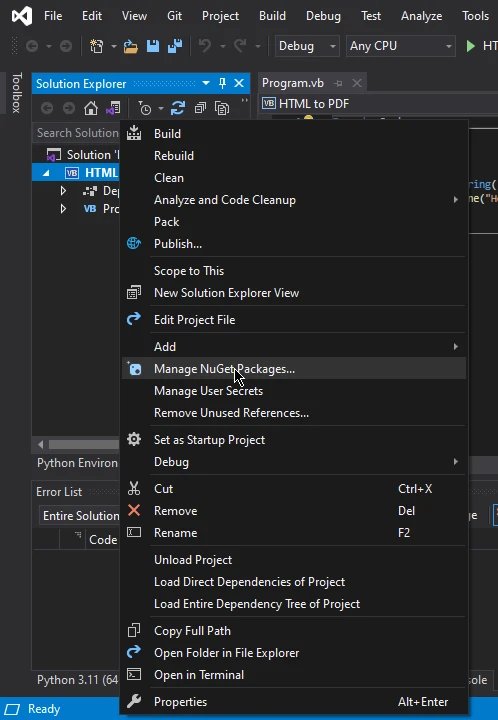 Manage NuGet Packages
Manage NuGet Packages
In the "NuGet Package Manager" window, make sure "Browse" is selected on the left.
In the search box, type "IronPDF".
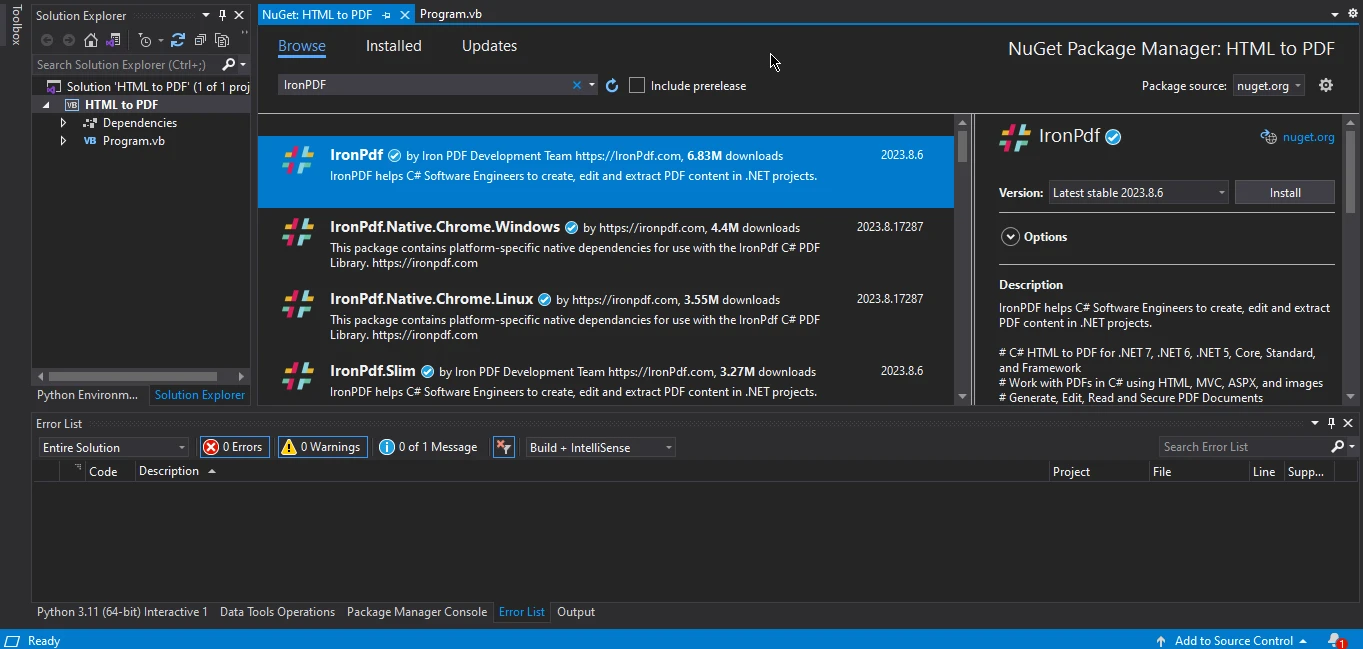 IronPDF
IronPDF
Select the "IronPDF" package from the search results.
Click the "Install" button to install the package.
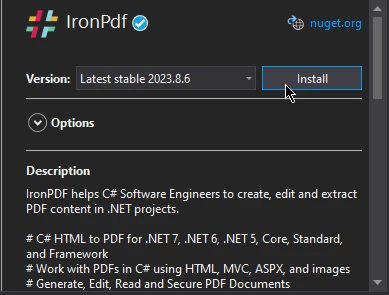 IronPDF Installation
IronPDF Installation
3. Convert HTML to PDF Document Using IronPDF and VB Programming Language
The process of generating PDFs from HTML content and files is both intriguing and conveniently achievable with the utilization of IronPDF. In the forthcoming sections, we will delve into illustrative examples that demonstrate the seamless conversion of both HTML strings and HTML files into meticulously crafted PDF documents.
3.1. HTML String to PDF Document
IronPDF provides the feature to convert HTML to PDF documents using the VB programming language with just a few lines of code. Let's see how this works in the sample code snippet below.
Imports IronPdf
Module Module1
Sub Main()
' Create a new PDF renderer using IronPDF.
Dim renderer = New ChromePdfRenderer()
' Convert a simple HTML string to a PDF document.
Dim document = renderer.RenderHtmlAsPdf("<h1> My First PDF in VB.NET</h1>")
' Save the resulting PDF document to a file.
document.SaveAs("MyFirst.pdf")
End Sub
End ModuleImports IronPdf
Module Module1
Sub Main()
' Create a new PDF renderer using IronPDF.
Dim renderer = New ChromePdfRenderer()
' Convert a simple HTML string to a PDF document.
Dim document = renderer.RenderHtmlAsPdf("<h1> My First PDF in VB.NET</h1>")
' Save the resulting PDF document to a file.
document.SaveAs("MyFirst.pdf")
End Sub
End ModuleThis sample code snippet first imports the IronPDF namespace, which contains the classes and methods used to work with PDF documents. Then, it creates a new rendering engine object, which is used to convert HTML to PDF. The RenderHtmlAsPdf method of the renderer object takes an HTML string as its input and returns a Document object that represents the PDF document. Finally, the SaveAs method of the Document object is used to save the new PDF document to a file.
3.1.1. Output
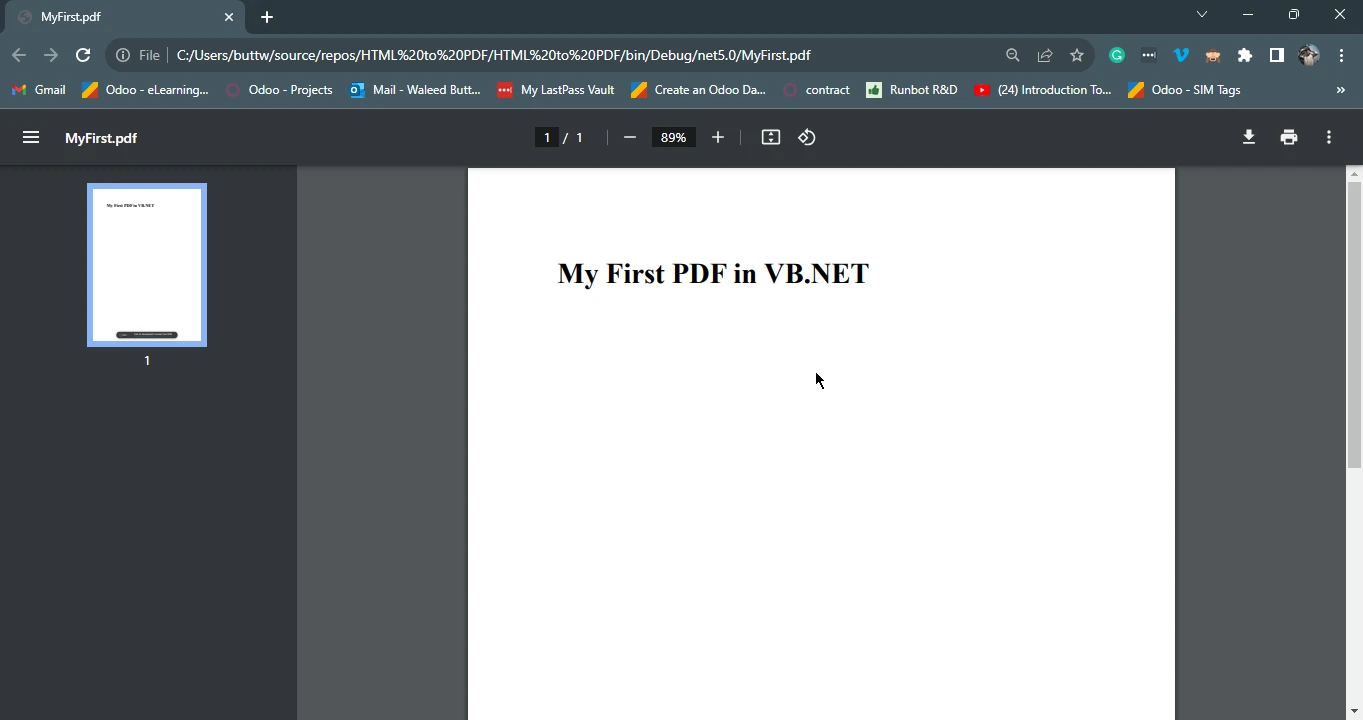 PDF Output in Google Chrome
PDF Output in Google Chrome
3.2. HTML File To PDF Document
In the following section, we will explore the process of converting an HTML page into a PDF format using the IronPDF library. To begin, you can either generate a new HTML file by writing HTML code or utilize an existing one as your starting point.
3.2.1. HTML Input File
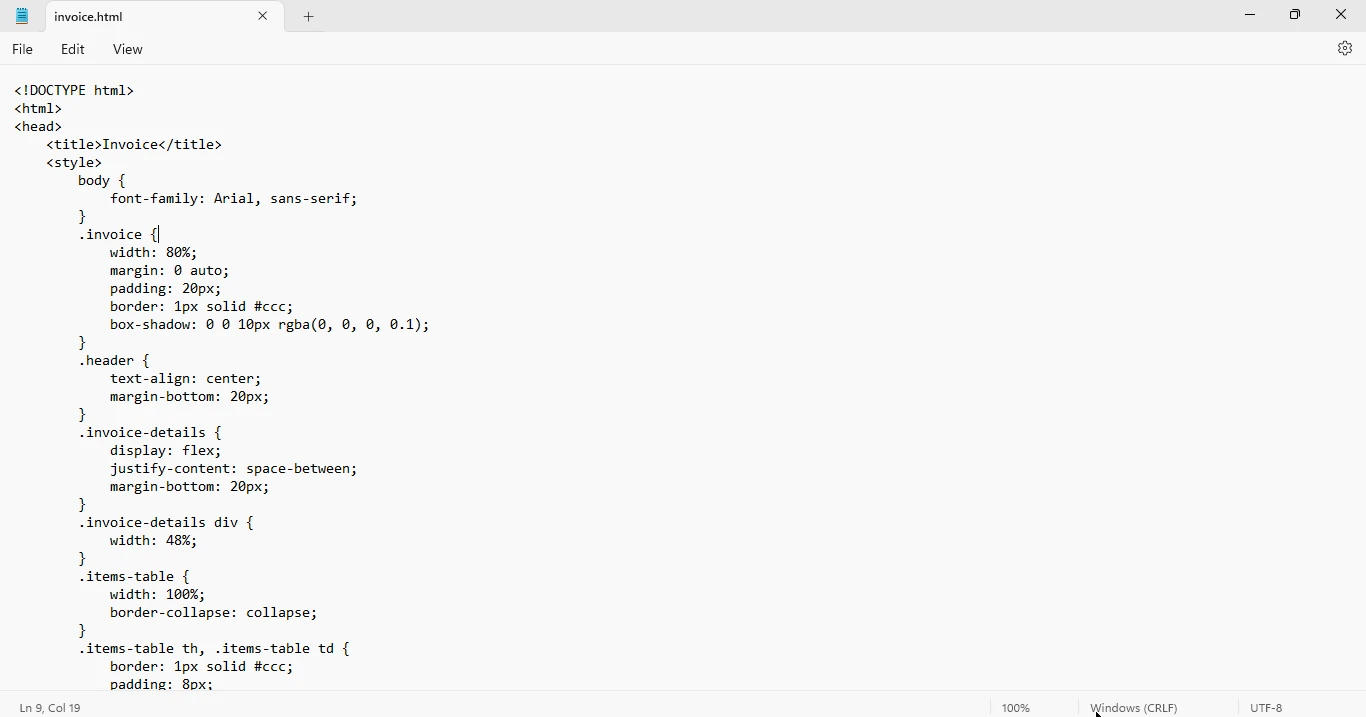 HTML Input File
HTML Input File
Imports IronPdf
Module Module1
Sub Main()
' Create a new PDF renderer using IronPDF.
Dim renderer = New ChromePdfRenderer()
' Convert an HTML file to a PDF document.
Dim document = renderer.RenderHtmlFileAsPdf("invoice.html")
' Save the resulting PDF document to a file.
document.SaveAs("invoice.pdf")
End Sub
End ModuleImports IronPdf
Module Module1
Sub Main()
' Create a new PDF renderer using IronPDF.
Dim renderer = New ChromePdfRenderer()
' Convert an HTML file to a PDF document.
Dim document = renderer.RenderHtmlFileAsPdf("invoice.html")
' Save the resulting PDF document to a file.
document.SaveAs("invoice.pdf")
End Sub
End ModuleThe above source code first creates an HTML form renderer object using the ChromePdfRenderer method, then converts the HTML file to PDF using the RenderHtmlFileAsPdf method. In the end, save the PDF file using the SaveAs method.
3.2.2. Output
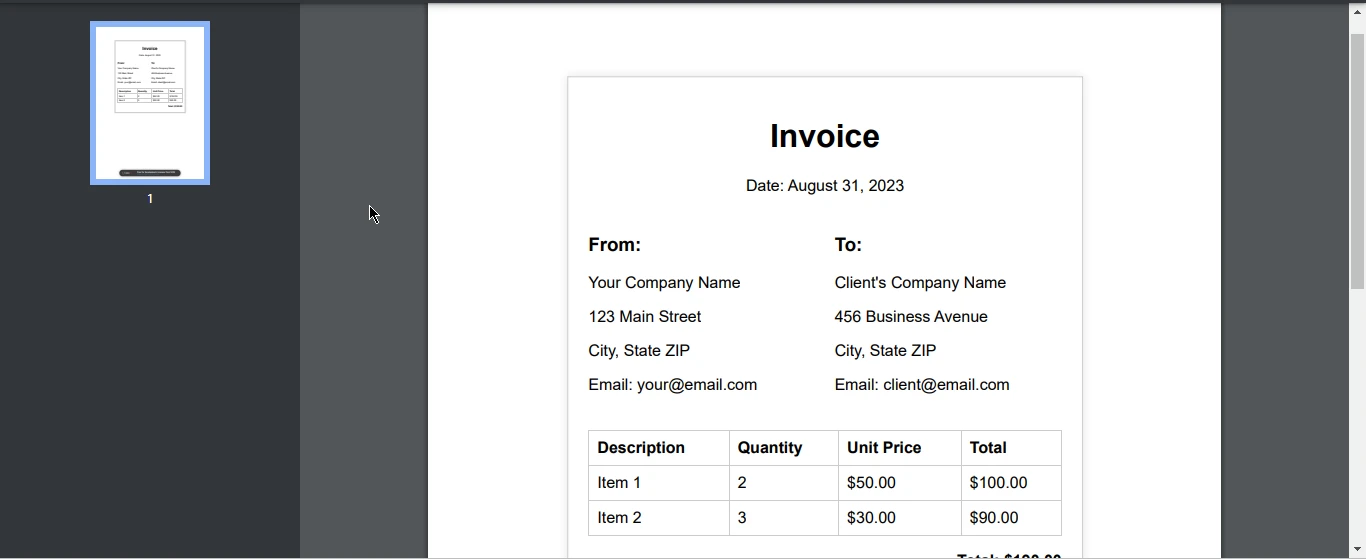 Invoice Output
Invoice Output
4. Conclusion
Converting HTML files to PDF format using Visual Basic (VB) is a valuable skill for developers and users alike. By seamlessly combining the dynamic nature of VB and converting HTML with the permanence and portability of PDF, developers and users alike can unlock new levels of versatility and reliability in handling their digital content. The IronPDF library is a powerful tool that can programmatically generate PDF documents, convert HTML content to PDF format, extract text and images from existing PDF files, add annotations, watermarks, and interactive elements, as well as merge, split, and manipulate PDF pages.
The article provided a detailed overview of how to use IronPDF to convert HTML to PDF in VB. The code examples were clear and concise, and the instructions were easy to follow. For the full source code on how to use VB, visit the VB.NET PDF how-to guide. Also, visit the IronPDF HTML to PDF tutorial for step-by-step instructions. You can download the HTML to PDF library from the NuGet website at this official NuGet link. The IronPDF VB.NET PDF creator tutorial also provides additional instructions.
Frequently Asked Questions
How can I convert HTML to PDF in VB.NET?
In VB.NET, you can use the IronPDF library. Start by creating a ChromePdfRenderer object and then use the RenderHtmlAsPdf method with your HTML content. Finally, save the PDF using the SaveAs method.
What steps are involved in installing the PDF library for VB.NET?
To install IronPDF in VB.NET, open your project in Visual Studio, go to the 'Manage NuGet Packages' option, search for 'IronPDF', and click 'Install' to add it to your project.
How do I convert an HTML file to a PDF document using IronPDF?
With IronPDF, use the ChromePdfRenderer object and call the RenderHtmlFileAsPdf method, passing the file path of your HTML file. Save the resulting PDF with the SaveAs method.
What are the benefits of converting HTML to PDF?
Converting HTML to PDF is beneficial for creating portable, standardized documents from dynamic web content, suitable for official documentation and easy sharing.
What other features does IronPDF offer besides HTML to PDF conversion?
IronPDF offers features like text and image extraction, adding annotations, watermarks, interactive form elements, and manipulating PDF pages such as merging and splitting.
Is IronPDF compatible with .NET Core applications?
Yes, IronPDF is compatible with .NET Core, allowing developers to use it across various .NET applications.
How do I get started with IronPDF in a new VB.NET project?
Begin by creating a new VB.NET project in Visual Studio and install IronPDF via NuGet to start using its features for PDF operations.
Where can I find additional resources on using IronPDF?
Additional resources and tutorials on using IronPDF can be found on their official website, particularly under the 'tutorials' section.
Why should I use IronPDF for HTML to PDF conversion in VB.NET?
IronPDF simplifies the conversion process with minimal code and delivers high-quality PDFs, making it ideal for professional and efficient use in VB.NET.
Can IronPDF handle text and image extraction from PDFs?
Yes, IronPDF can extract both text and images from existing PDF documents, providing robust functionality for document manipulation.
Is IronPDF fully supported in .NET 10?
Yes, IronPDF is fully compatible with .NET 10. It supports .NET 10 through its core APIs, including features like HTML to PDF conversion, and works across Windows, macOS, and Linux environments when targeting .NET 10 applications.



